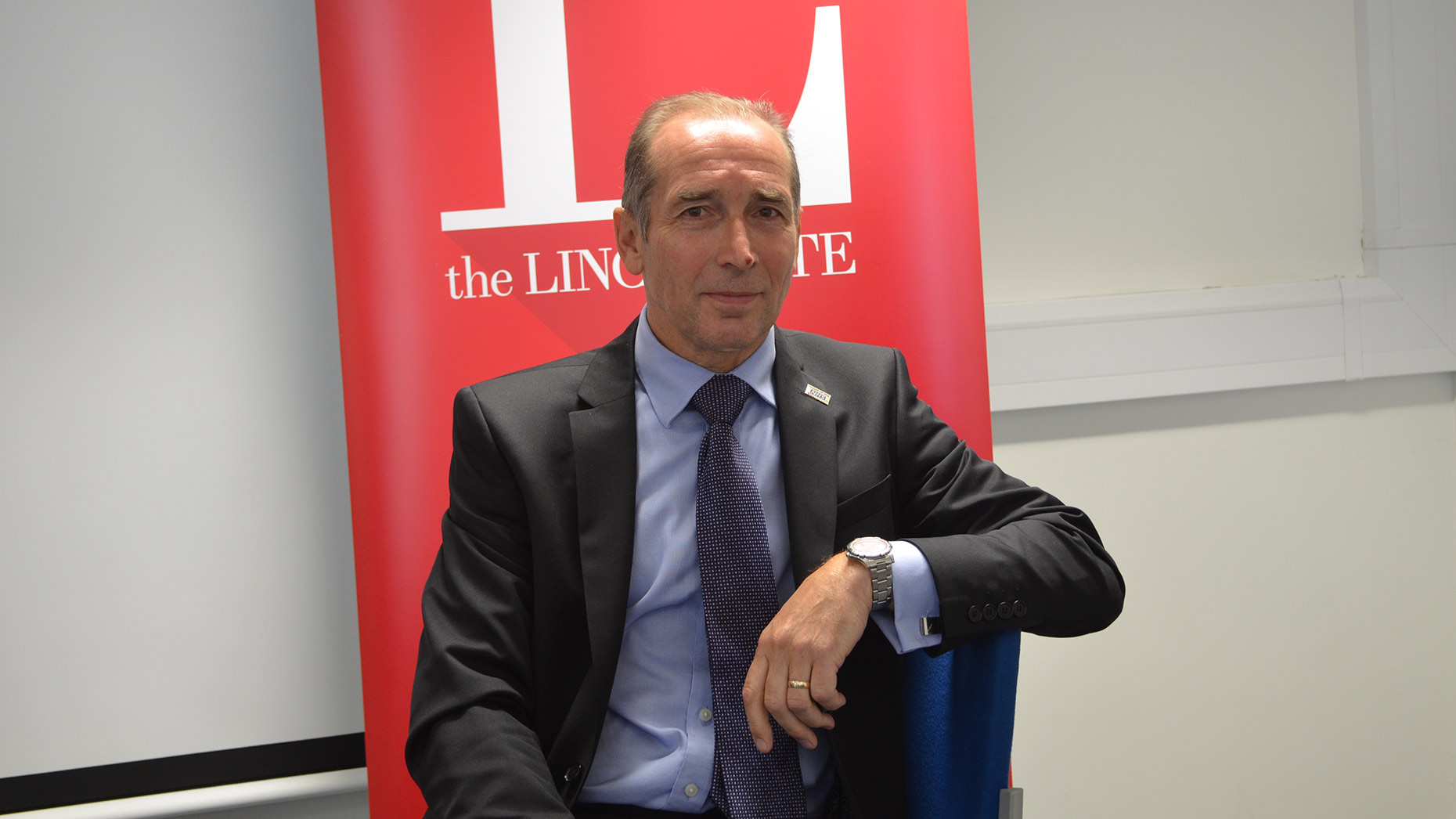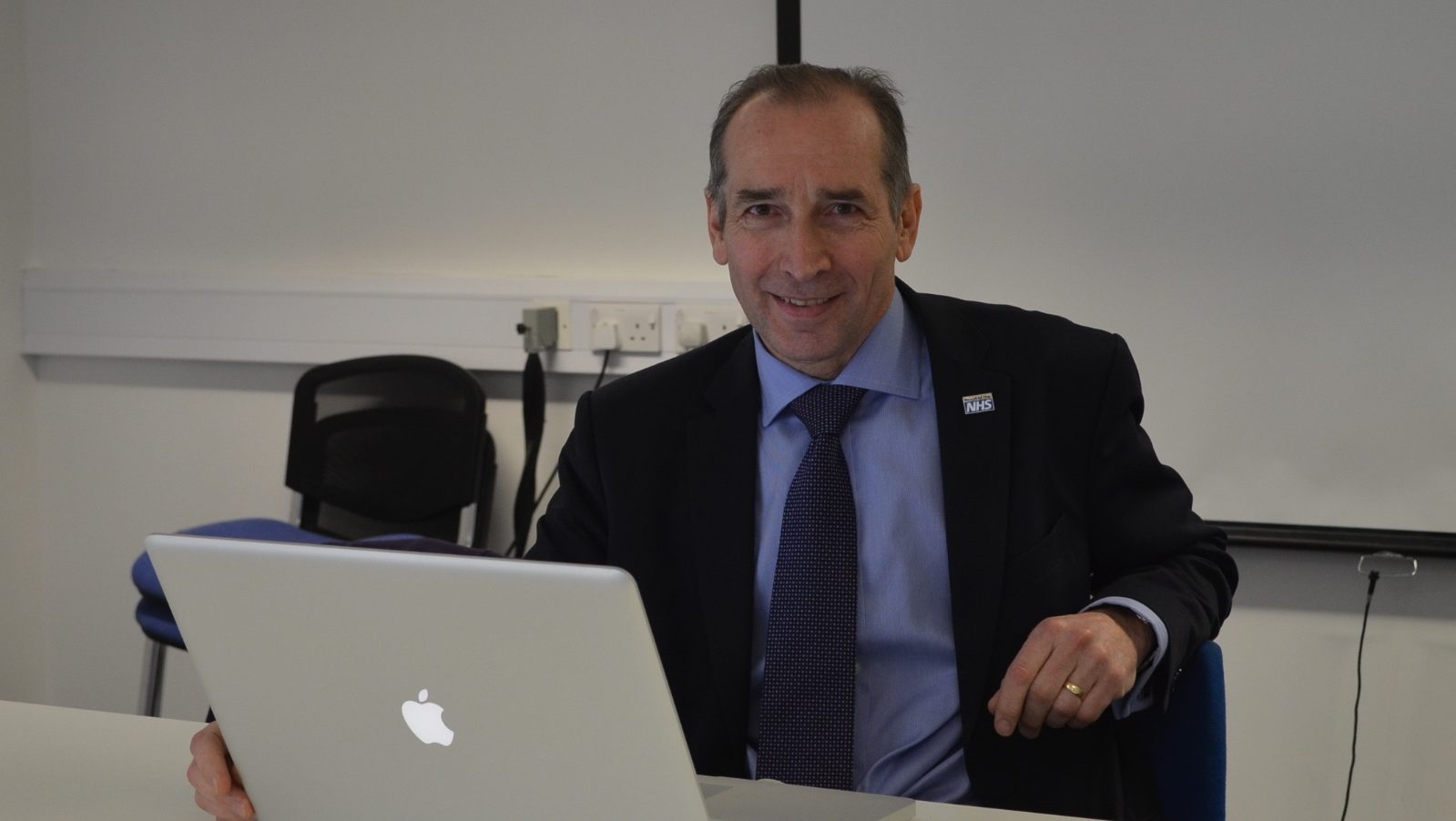With the colder weather fast approaching I thought it would be helpful to talk about planning for winter in this month’s column.
In the UK about 25,000 more people die over the course of each winter compared to other times of the year and there are a number of conditions that are made worse by the cold weather including asthma, heart disease and dementia.
To protect our patients and staff during the winter period we have a number of plans in place to enable us to cope with increased demand.
We ask people to only attend our A&Es with serious or life threatening illnesses (such as heart attacks, strokes, breathing problems, or serious accidents) all year round, but particularly during winter as we see increased pressure on our services.
Those who attend with minor conditions will still be treated, but potentially will have long waits.
Many illnesses can be better treated by visiting your local pharmacy, calling 111, visiting your local GP, or GP out of hours services, or attending a walk in centre or a minor injuries unit.
More information on non-emergency healthcare services is available at www.nhs.uk.
During this time of year we also start to see increased cases of flu and norovirus in the community, which means as patients or visitors come in with them we will see cases spreading in our hospitals.
It’s important that members of the public and our staff stay at home if they have had diarrhoea, vomiting or ‘flu-like’ symptoms in the last 72 hours.
Norovirus is highly infectious and easily spread through hand to hand contact, or by touching surfaces which have germs on them.
Anyone with flu symptoms will be infectious for at least five days from when they become ill and can spread the infection to others.
For the majority of people flu is unpleasant but not life-threatening.
However, it can be very serious for those groups at risk of developing complications including people with weakened immune systems, as well as those with underlying conditions such as liver, lung or renal disease, heart problems or diabetes and pregnant women.
The flu vaccination is offered to every ULHT member of staff free of charge. Members of the public can contact their GP to find out more about how to get a flu vaccine. The vaccination is free if you are aged over 65 years, are pregnant, have a long term condition (such as diabetes, asthma, heart disease or multiple sclerosis) or are a carer.
Good hand hygiene can help to limit the spread of the infection and there are some simple steps that the public can take to help stop norovirus spreading.
These include washing your hands frequently and thoroughly with hot soap and warm water, particularly after using the toilet, and before preparing food.
If you’re in a hospital, pay attention to hand hygiene notices such as using alcohol based hand rub upon entering and leaving the ward.
People worried about prolonged symptoms should contact NHS 111 or ring their GP, not visit their surgery.
They will be able to provide advice for people who are at greater risk from dehydration from diarrhoea and vomiting, such as young children or the elderly.
We are gearing up internally to prepare for higher levels of demand including launching a safer patient flow bundle so that staff can follow a set of rules to improve the movement of patients in, around and out of hospital to help prevent unnecessary delays.







